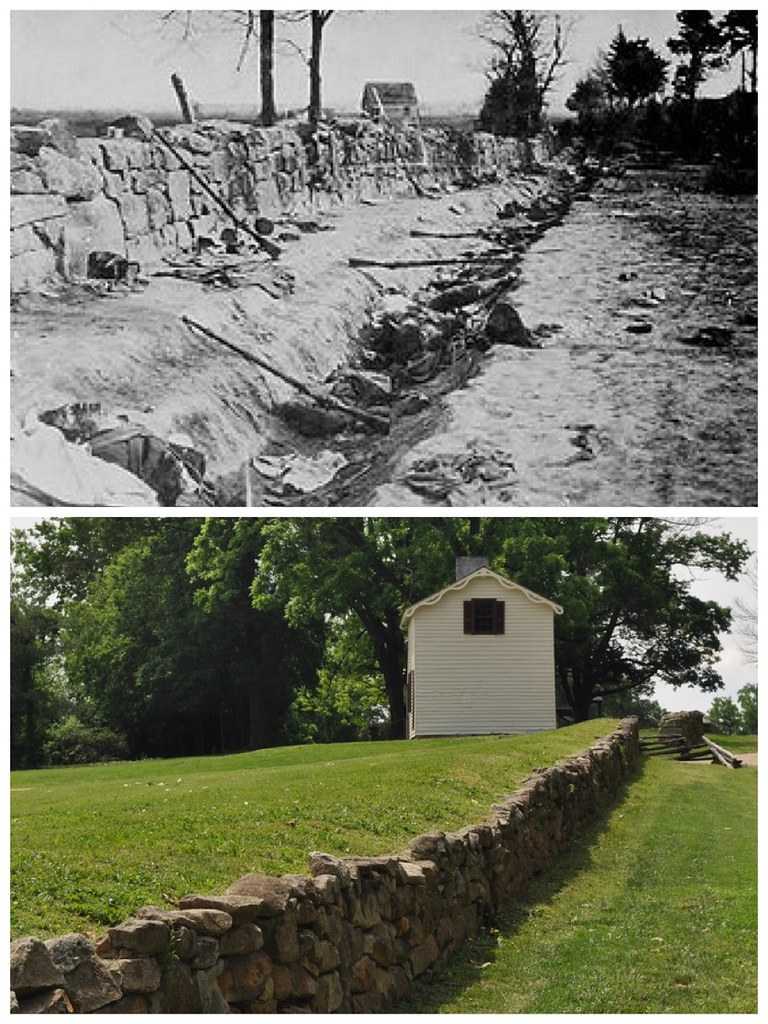

Youngkin fits the typical profile of a Republican running in an uphill battle state in many ways he’s certainly no Donald Trump rhetorically, (although CNN contributor Van Jones called his brand of politics “the Delta variant of Trumpism”) and he’s quite moderate on not a few policy issues.īut he is like Trump in one respect: he made a campaign centerpiece out of pushing back on Democrats’ increasing cultural radicalism. Virginia is a state, moreover, with a heavily college-educated, suburban, managerial class-wealthy voting population-exactly the kind of voters thought lost to the GOP forever. That conventional wisdom was probably always bunk, but yesterday it was dealt a death blow in Virginia, where Republican Glenn Youngkin rode to victory over Democrat Terry McAuliffe, in a state that went for Joe Biden by ten points, largely by focusing on critical race theory and radical indoctrination in public schools. Fiscally conservative, socially moderate-that was the sweet spot to woo 50.1 percent of independents. Moderates, particularly suburban women, they said, are turned away from the GOP by a focus on “rube issues”-topics that might get a person labeled “racist” or “bigoted” at a dinner party. "The next two weeks will see a lot more mobilization, continual appeals for turnout and nonstop commercial ads from the two candidates," said Karen Hult, a political science professor at Virginia Tech.The conventional wisdom among Republican consultants up and down the Acela corridor for the last few decades was always to leave those icky cultural issues alone and focus on tax cuts and deregulation. And the disparity in enthusiasm between supporters of Youngkin and McAuliffe has grown to a 23 percentage point gap in the poll, at 49% to 26%. The Monmouth University poll found the candidate's neck and neck with support among likely voters identical at 46%. With Virginia's Election Day just under two weeks away, both candidates are likely to ratchet up their campaign advertising to motivate their partisan bases. Youngkin has a more of a mix of positive and negative ads, including biographical ads that underscore his business-approach to politics due to his 25 years of experience as a former CEO of the Carlyle Group. Overall, roughly 75% of McAuliffe's television ads include attacks on his GOP opponent.

The ads focus on their overlapping stances on Covid-19, election integrity and education. And several of McAuliffe's ads attack Youngkin for opposing vaccine mandates.Ībout 25% of McAuliffe's television ads also link Youngkin to former President Donald Trump, who has endorsed the Republican candidate. Other national and local issues play central roles in both candidate's television ads.įor instance, many of Youngkin's ads either attack McAuliffe for pushing for police reform or Virginia's high crime rates when he served as governor. The ad characterized McAuliffe as "putting politics over parents" and "failing our kids." His comment during the debate came after an argument between the two candidates over a veto McAuliffe signed as governor of legislation that allowed parents to opt out of allowing their children to study material deemed sexually explicit. "I'm not going to let parents come into schools and take books out and make their own decision," McAuliffe said. One of Youngkin's most expensive ads, which cost approximately $1.5 million to produce and air, includes a clip from the first gubernatorial debate where McAuliffe expressed that he does not think parents should decide what schools should teach. Three of Youngkin's most expensive television ads attack McAuliffe for this stance, and have been aired up to 4,200 times. The Republican candidate's campaign has slammed McAuliffe for opposing parental control over public-school curriculum in particular. Youngkin's campaign has seen schools as a pathway to victory amid a crusade against mask mandates and critical race theory.


 0 kommentar(er)
0 kommentar(er)
